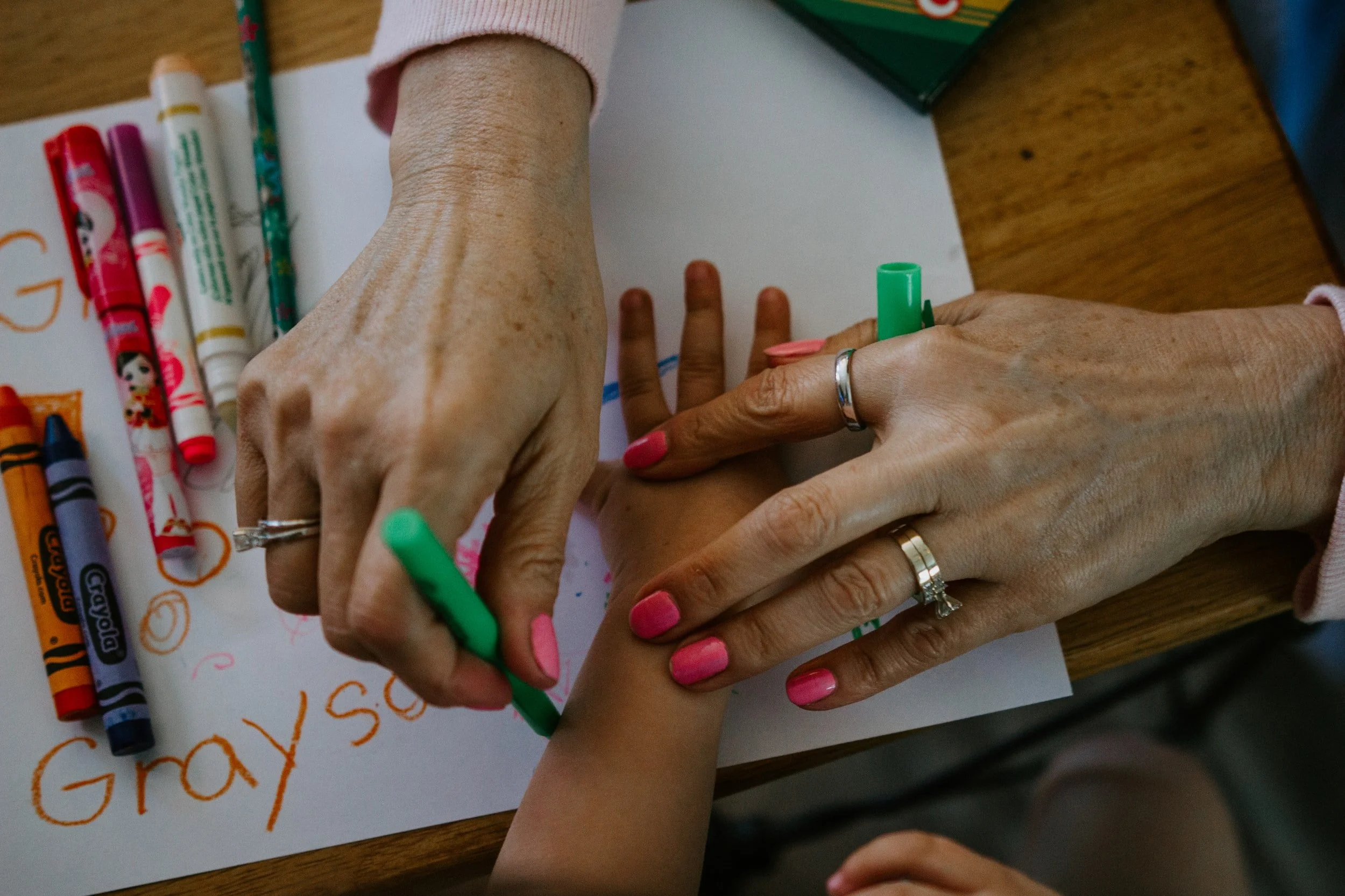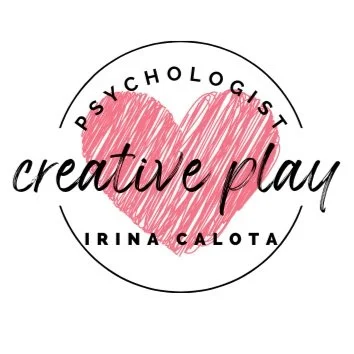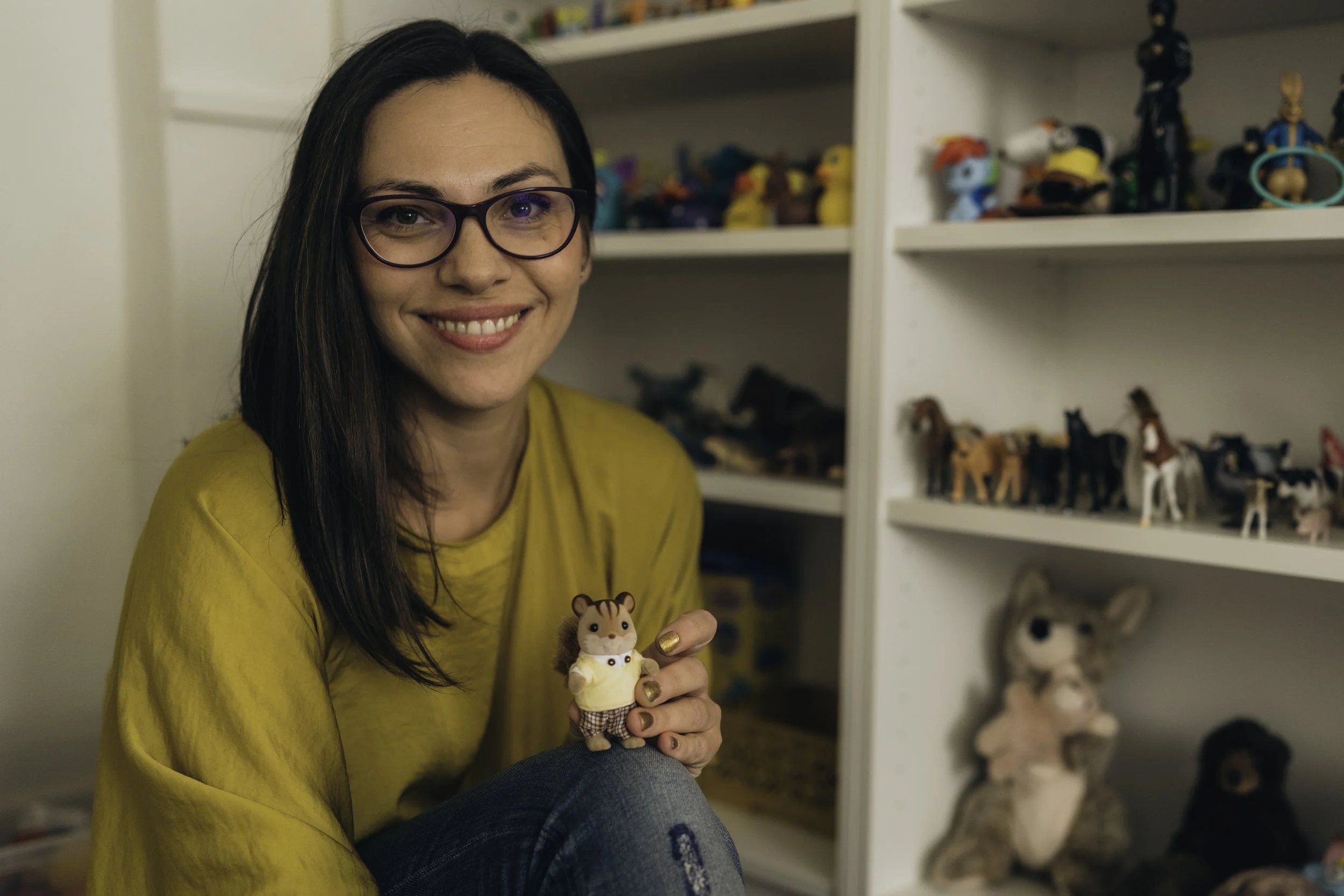
This is a safe space to explore the old and the new. This space is called togetherness.
-

Individual therapy
Who can benefit from the sessions?
Children and teenagers require psychological support, as PLAY is their universal language.
Adults want to discover more about themselves and improve their quality of life, by using a creative psychological approach.
When to see a child psychologist?
When struggling with anxiety, panic attacks, anger bursts, attachment disorders, lack of self-confidence, eating disorders, sleeping problems, sadness or depression, lack of motivation, enuresis (urinary incontinence), physical or emotional trauma, etc.
When dealing with autism, Asperger syndrome, ADHD, selective mutism, language disorders, etc.
When facing certain life challenges (divorce, breakups, losing a significant other, moving to another country, adaptation problems in a new environment)
Why is Play & drama therapy suitable for ex-pat children?
Because their sense of belonging may be shaken, and they will need a safe place to express their worries and confusing feelings.
Because the process of adapting to a new environment may be difficult. Children are not neurologically fully developed to be able to express how they feel and they may develop different symptoms, such as anger bursts, sadness, selective mutism, withdrawal, lack of motivation, attention deficit, etc.
Because their in-development sense of identity may suffer with all the changes and working on re-connecting them with who they are could help them feel safe and at home inside themselves.
What are the therapeutical strategies?
Art-inspired activities (painting, drawing, modeling with clay, plasticine)
Sand tray with figurines and small toys
Storytelling or use of stories
Drama activities: role-playing, puppets, improvisation
Bodywork: stretching, breathing exercises, voice work, therapeutic massage, or self-massage
Structured play
Creative visualizations
Sensorial play and exploration of different materials (foam, sand, slime, water, flour, etc.)
-

Parenting counseling
When might you benefit from a parenting session?
Prevention intervention: when you want to better understand your child, their needs, and behaviors. You want to find new ways of communicating & connecting with your kid or teen. You want to play more with them. You plan on having a baby or you already have one and you want to find out more about the attachment theory and the development of the brain.
Crisis intervention: when you find yourself using coercive methods of discipline, such as screaming, threatening, or punishing your child. When your home environment is like a battle zone sometimes, with tantrums, and shouting. When your child faces challenges, such as anxiety, anger issues, nightmares, selective mutism, autism, ADHD, or learning difficulties.
What to expect?
In a parenting session we will work on:
discovering the needs of your child and understanding why they have specific behaviors/reactions
creating a healthy connection with the child
empowering your strengths as a parent
discussing the stages of a child's brain and emotional development
exploring the attachment theory and how to sustain a healthy attachment with the child
re-connecting with your inner child
learning how to help your child adjust emotionally, socially, and behaviorally
exploring ways of being kind to yourself and your child
Parenting is all about making mistakes at some point as we are human and one of my goals is to help parents re-empower themselves and re-learn to be kind towards themselves and their children.
Parenting is all about the balance between setting limits that offer safety and encouraging independence which offers courage.
Parenting is all about healthy attachment. And together we can rebuild it.
"You will teach them to fly, but they will not fly your flight. You will teach them to dream, but they will not dream your dream. You will teach them to live, but they will not live your life. Nevertheless, in every flight, in every life, in every dream, the print of the way you taught them will remain." Mother Teresa
-

Parent - child therapy
Parent-child therapy is a dyadic attachment based play intervention. The therapist will work together with the child and parent/parents. The focus is on the relationship, and the main goal is to help the family better connect and communicate, constructively solve conflicts, express feelings, and re-create a safe and healthy attachment. The intervention integrates in a fluid and dynamic way the 4th Thera play dimensions. First, Engagement is the ability that the parent has to catch and extend the attention of the child through fun. Second, Challenge is the ability to involve the child in new activities, slowly, in a way that creates growth and more self-confidence. The third is Nurture, the ability to offer the child many safe, positive, responsive caretaking experiences. And fourth, Structure is the ability of the parent to set limits and clear expectations, and enforce appropriate limits.
This intervention is highly recommended and may be very efficient when families face relational challenges (power struggles, avoidance behaviors, aggressive behaviors) or the child struggles with social challenges outside the house. The attachment, the bond between parent and child is essential, so creating a space to honor that bond will create more opportunities for healing and positive transformation.
The therapist guides the parent and the child through playful, fun activities, developmentally challenging, and nurturing activities tasks. Another focus would be on shared sensorial experiences (playing with shaving foam, finger painting, creating playdough, etc.). With older children, many more complex dyadic activities stimulate healthy social skills and cover the needs of the child.
-

Creative workshops
Group therapy and creative workshops are offered to children, teens, and adults.
It creates the opportunity to discover yourself and your strengths in a safe context, having the benefit of creating connections with others. As we are social beings, we need to be together with others, to feel seen, and heard, and to belong.
Being an expat myself, I can fully understand the importance of belonging to a group, feeling safe and welcomed, being able to create a new home in a new environment, and the challenges to adapt.
Play and drama therapy works perfectly in groups, as they offer a variety of creative tools to explore ourselves in other people's company. We will employ tools such as role-playing, improvisation games, drawing, painting, bodywork, stories, etc.
What are the themes of group workshops?
Creative workshops: Theatre and improvisation, Connect with your creativity, Discover the world through senses, Let your inner child PLAY.
Personal growth for children or teens: Empowering and building self-confidence, Friendly monsters – emotion-focused group, Social skills, etc.
Workshops for adults: Play & Relax, Playful mindfulness, The power of Dreams, Awake your strengths, etc.
"Each person with his or her history of being accepted or rejected, with his or her history of inner pain and difficulties in relationships, is different. But in each one there is a yearning for communion and belonging.", Jean Vanier
English and romanian speaking child psychologist
Face-to-face and online therapy
Office hours in Amsterdam:
on Wednesdays (4 p.m to 9 p.m)
on Saturdays (09.30 to 2.30 p.m)
Online appointments:
from 9. 00 a.m - 1.00 p.m and 3.00 p.m - 7.00 p.m. on Tuesdays, Thursdays and Fridays
from 9. a.m - 1.00 p.m on Wednesdays

